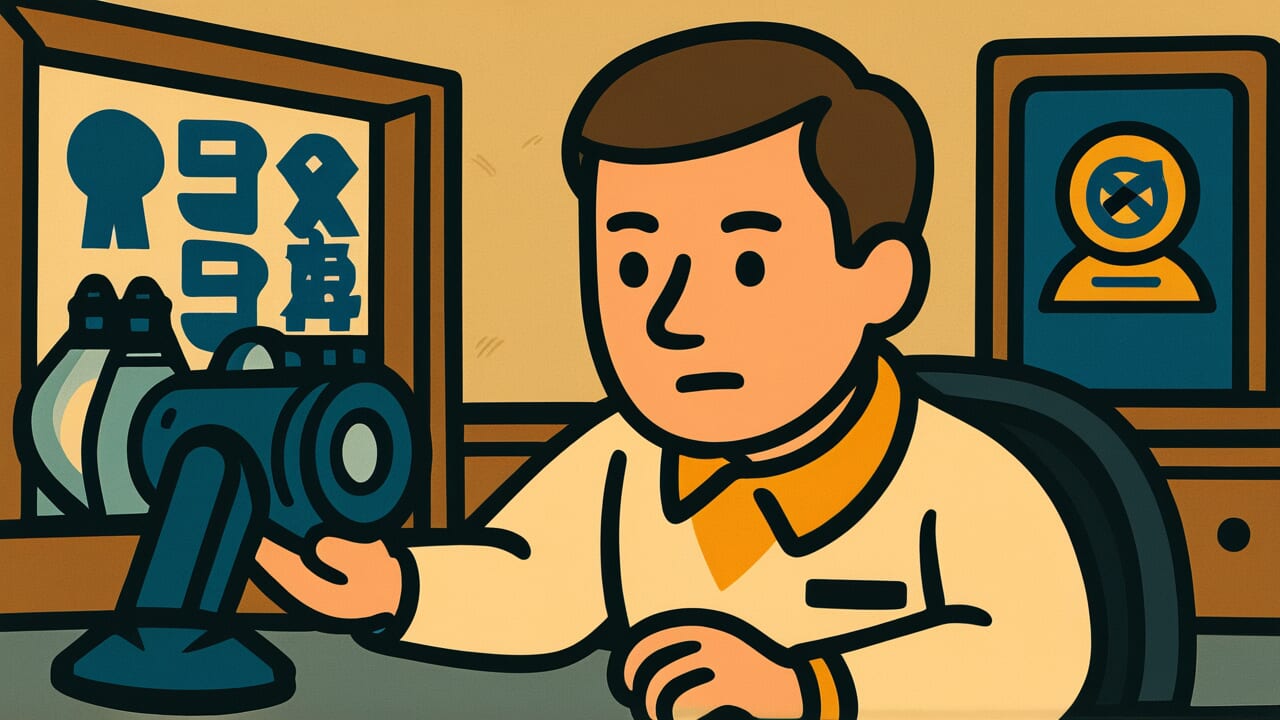How to Read “It is not done, not that it cannot be done”
Nasazaru nari, atawazaru ni arazu
Meaning of “It is not done, not that it cannot be done”
This proverb means that something is simply not being done, not that you lack the ability to do it.
When people fail to accomplish something, this saying asks an important question. Is it really because they lack ability? Or is it simply because they’re not trying?
We often say “I can’t do it.” But in many cases, the truth is “I’m not doing it.”
This proverb cuts through excuses and self-deception. It warns against blaming lack of ability when the real issue is lack of action.
You can use this saying when someone makes excuses about not being able to do something. It’s also useful when you catch yourself looking for reasons not to act.
The proverb points out that the problem is will, not ability. It’s an effective way to encourage action.
Even today, this expression is used in self-improvement and education. It helps draw out people’s hidden potential.
Origin and Etymology
This saying likely comes from the ancient Chinese text “Mencius.” In the Liang Hui Wang chapter, there’s a passage that reads: “To carry Mount Tai under your arm and leap over the North Sea – if you tell people ‘I cannot do this,’ it truly cannot be done.”
The passage continues: “But to break off a branch for an elder – if you say ‘I cannot do this,’ it is not done, not that it cannot be done.”
Mencius pointed out two types of human actions. There are things that are truly impossible. And there are things we can do but choose not to.
He made a clear distinction between physical impossibility and lack of will. This philosophy traveled to Japan and took root in the concise form “It is not done, not that it cannot be done.”
Japan was strongly influenced by Confucianism. This saying wasn’t just about ability. It was received as a moral teaching that encouraged ethical action.
It has been passed down through generations as a warning against not doing what you can do.
Usage Examples
- He says he can’t speak English, but it is not done, not that it cannot be done – he just hasn’t seriously studied
- Failing at dieting is a case of it is not done, not that it cannot be done – it’s really a matter of motivation
Universal Wisdom
This proverb has endured because it sees both human weakness and human potential. We all have experience saying “I can’t” when we really could if we tried.
Maybe it’s fear. Maybe it’s laziness. Maybe it’s the desire to avoid failure.
Humans are strange creatures. We limit our own possibilities. The words “I can’t” become a shield that protects us.
They become a convenient tool to justify not trying. But our ancestors saw through this excuse. They understood the truth hiding behind it.
In most cases, the problem isn’t ability. It’s will.
This insight goes deeper than simple positive thinking. It carries a hopeful message. Humans have more potential than they imagine.
Whether you draw it out is up to you. You can’t do it? No – you’re just not doing it.
Understanding this distinction means taking responsibility for your own life. This proverb contains a deep understanding of humanity that is both strict and warm.
When AI Hears This
In quantum mechanics, an electron exists in superposition until observed. It’s “here and there” at the same time. Only when you point a measuring device at it does it settle into one location.
This strange property applies to human ability too.
The state of “not doing” is actually an undetermined state where “can do” and “cannot do” coexist. Take a student who doesn’t study for exams.
The possibility of passing and the possibility of failing exist simultaneously. But as long as they choose “not doing,” their ability remains unmeasured.
Just as a quantum particle’s position stays undetermined until observed, the true ability of someone who doesn’t act never becomes definite.
What’s interesting is that in quantum observation, the act of observing itself affects the result. The same is true for humans.
Taking action actually changes your ability. When you try something and find it surprisingly easy or harder than expected, that’s like the moment a wave function collapses through observation.
The essence of this proverb points to ability as a quantum state waiting for the observation of action. “Cannot do” isn’t a measurement result.
It’s simply a state where measurement has been refused. The possibilities remain superimposed, just floating there.
Lessons for Today
This proverb teaches us not to underestimate our own potential. Before saying “I can’t,” we need to figure something out.
Is it really a question of ability? Or is it a question of courage to take the first step?
In modern society, information overload and too many choices make us give up before we even start. We see others succeed on social media and decide we have no talent.
But in most cases, the difference isn’t talent. It’s whether you kept going.
This proverb confronts you with a harsh reality. But it also gives you great hope. If you can’t do it because you’re not doing it, you can start today.
Even a small step is fine. You don’t need to be perfect. What matters is choosing to act with your own will, not using lack of ability as an excuse.
There must be untapped power sleeping inside you. Believe in it and take that first step.



Comments